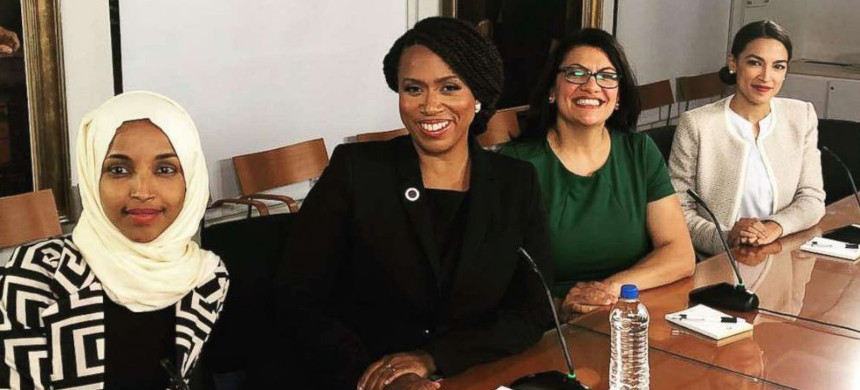Facebook and Twitter are not real life, and a new study has the numbers to prove it.
Data collected by the Hidden Tribes Project, a group that studies political polarization, has found that the ultraliberal views expressed by Democrats on social media are out of step with the overall Democratic electorate.
The Democratic Party may be moving to the left but that movement is largely confined to a select group of aggressive progressives who use anger and outrage online to get their points across.
In fact, a majority of those Democrats who don’t post political content online describe themselves as moderates or conservatives (at least within the context of the Democratic Party), according to these findings.
If the study is accurate, its conclusions could have a profound, under-the-radar impact on the 2020 presidential primary season.
The New York Times summarized the results this way:
Today’s Democratic Party is increasingly perceived as dominated by its “woke” left wing. But the views of Democrats on social media often bear little resemblance to those of the wider Democratic electorate.
The outspoken group of Democratic-leaning voters on social media is outnumbered, roughly 2 to 1, by the more moderate, more diverse and less educated group of Democrats who typically don’t post political content online … This latter group has the numbers to decide the Democratic presidential nomination in favor of a relatively moderate establishment favorite, as it has often done in the past.
The study is in step with recent polls that found a majority of Democrats would rather see the party become more moderate than move leftward.
I strongly suspect research on Republicans’ online habits would yield similar results. The loudest and most strident are those who regularly engage in Facebook fights. They are right-wingers, they hate Democrats, and they are far more uncompromising than Republicans overall.
Democrats who spend a lot time on Twitter or Facebook represent a different demographic – as a group, they are more white, more educated and more likely to live in an urban area. And a surprising 28 percent say they have attended a protest within the past year. Clearly, many of these people are ideologues and activists who live and breathe politics.
On the issues, the party’s left-wing points out that their policy positions – substantially higher taxes on the rich and on wealthy corporations, the Green New Deal and liberalizing immigration and border enforcement – are popular with the public, even if they were viewed as “far left” in the past. But, with more than a year to go before a Dem nominee likely emerges, that popularity could certainly fade. Some polling has already shown that support for “Medicare For All” drops significantly once the details and costs are explained by the pollsters.
The Hidden Tribes Project’s numbers could have a much greater effect on the individual candidates’ fortunes. They may, for example, serve as very good news for former vice president Joe Biden, who is expected to enter the presidential race and campaign as the most moderate contender.
The survey also suggests that the several left-wing candidates – such as Sens. Bernie Sanders, Kamala Harris and Elizabeth Warren — could certainly divide up their votes among the Dem voters who identify with the new wave of progressive causes.




